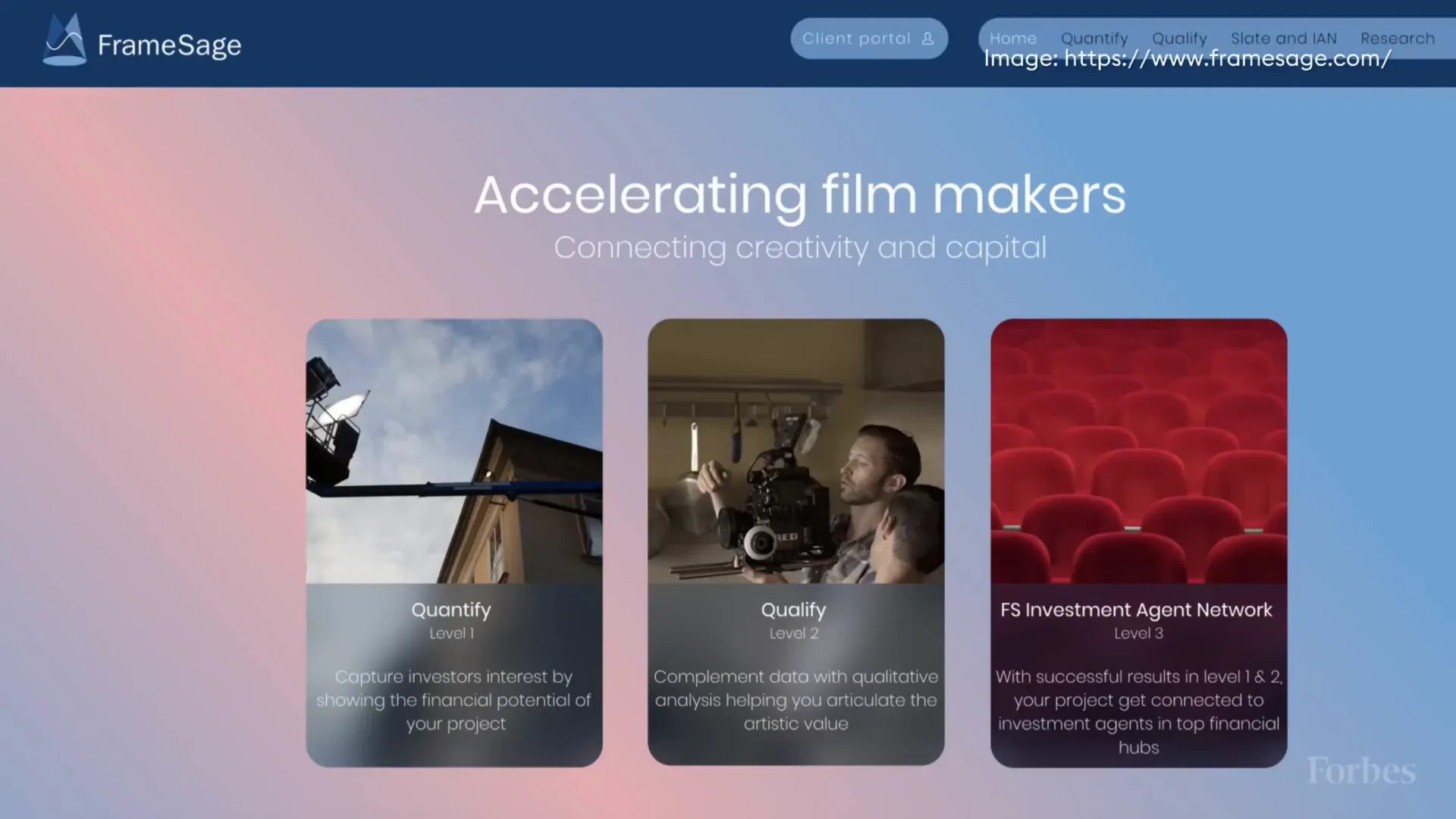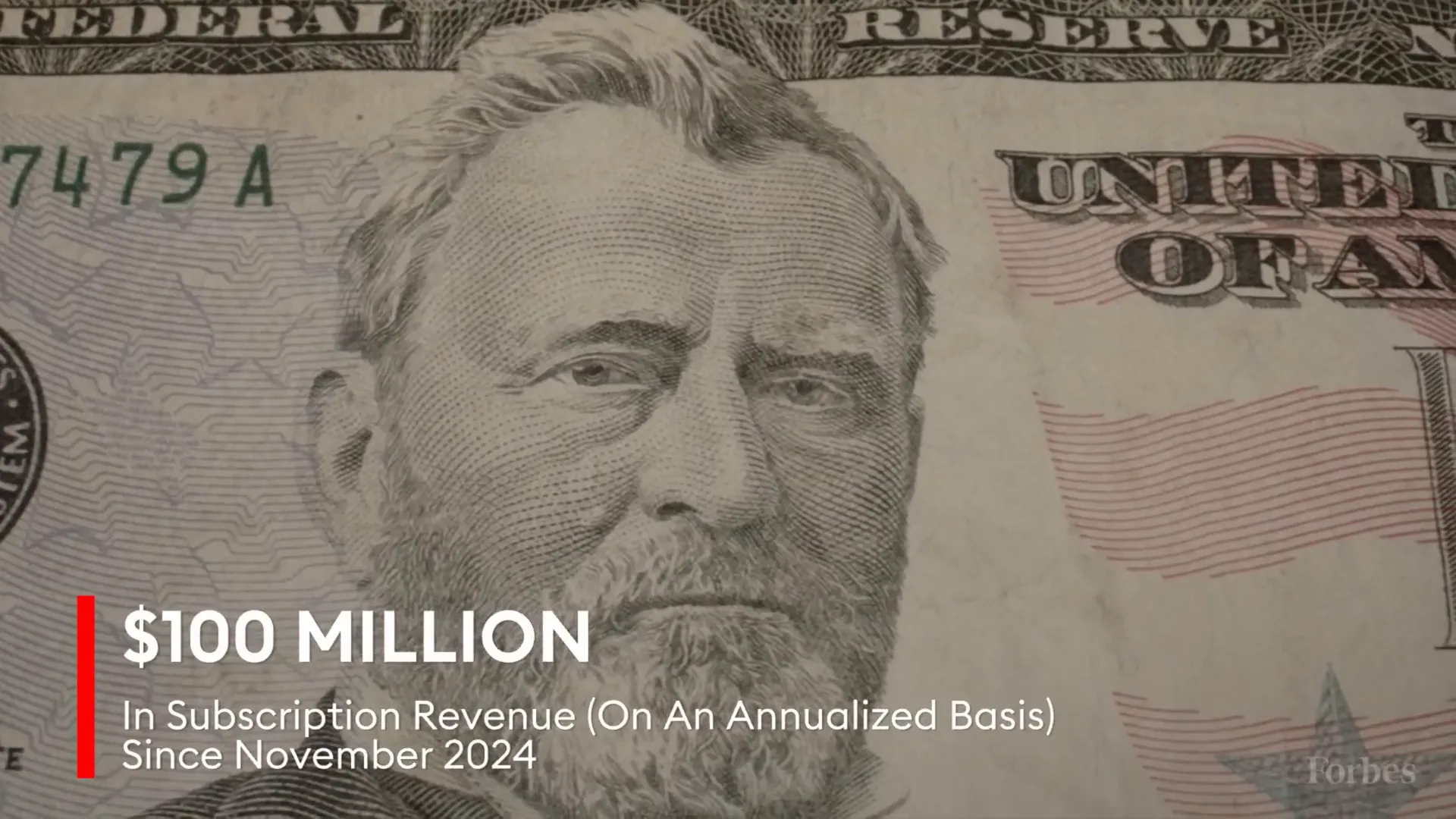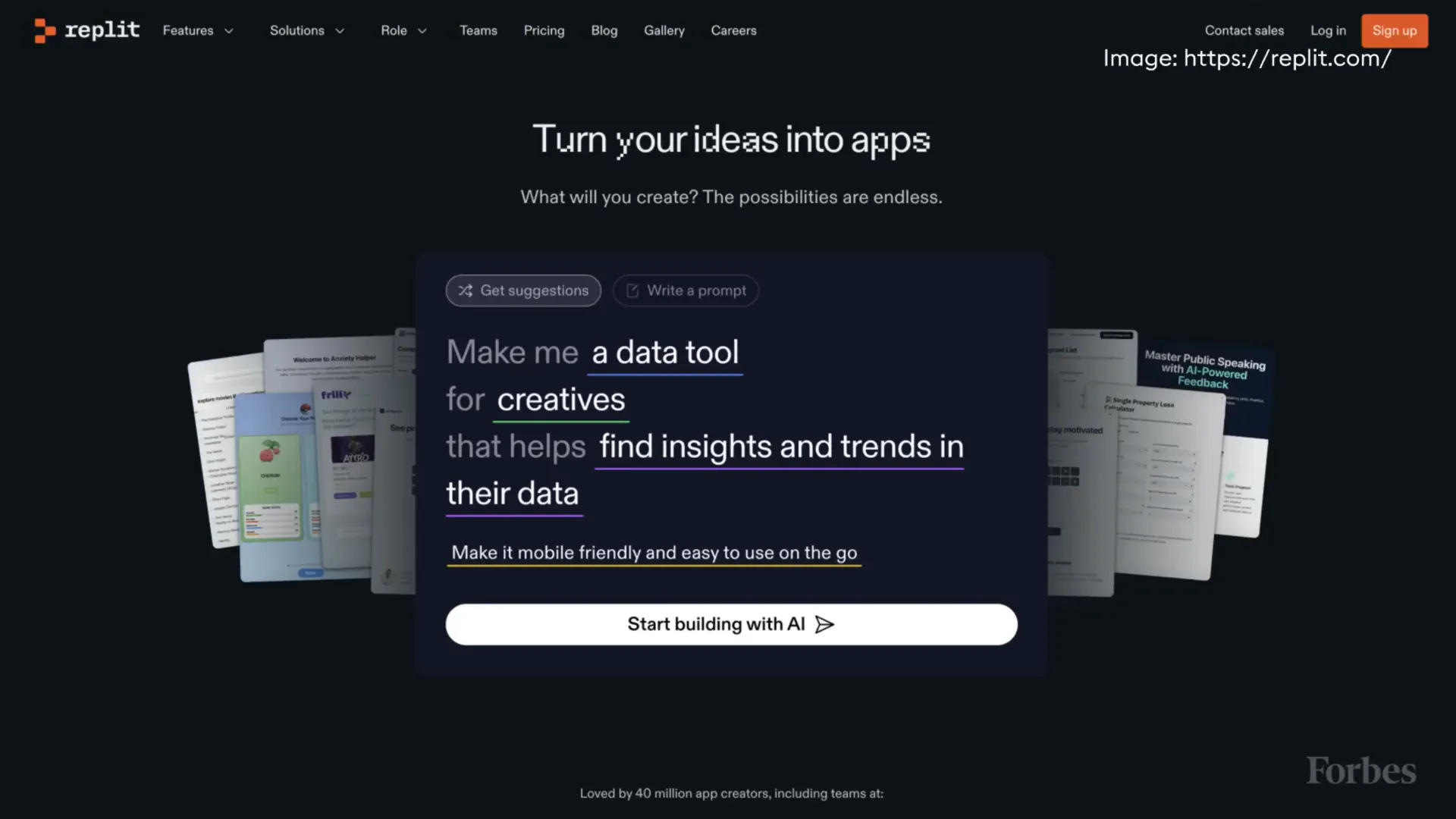How AI in Recruiting Enabled a Swedish AI Unicorn to Become the Fastest Growing Software Startup Ever
In the rapidly evolving world of technology and entrepreneurship, artificial intelligence is reshaping how startups are built and scaled. One of the most fascinating stories comes from Stockholm, Sweden, where a startup called Lovable has harnessed the power of AI in recruiting and software development to become the fastest growing software startup in history. This breakthrough not only highlights the transformative potential of AI but also signals a new era where coding and software creation are accessible to everyone, regardless of their technical background.
Lovable's journey from inception to soaring success is a compelling example of how AI-driven "vibe coding" is revolutionizing the software industry. This article dives deep into how Lovable turned the tables for non-coders and entrepreneurs alike, empowering them to launch fully functional apps, websites, and businesses in record time.
The Spark: From a Coffee Break Idea to a Live Startup
Oscar Munk av Rosenskold, a project manager at a pharmaceutical company with minimal coding experience beyond school, never imagined becoming a software entrepreneur. His story began over a casual fika—a Swedish coffee break—when a film producer friend shared an idea that sparked his interest. The concept was simple yet impactful: create a marketplace that matches European filmmakers with financiers, easing the notoriously challenging process of raising funds.
Ideas like this often remain just that—ideas. But Oscar was different. Using a new AI coding tool called Lovable, he built the essential infrastructure for his company, FrameSage, in just ten days. The result? FrameSage went live and quickly booked its first $50,000 in revenue within a few months.

Oscar describes his experience with Lovable as having “the magic key to build software.” This tool saved his startup tens of thousands of dollars in developer costs and approximately four months of development time. His story is far from unique; many young founders and non-technical entrepreneurs are discovering the same benefits through Lovable.
What Is Lovable and How Does It Work?
Lovable is not just another website builder or a wireframe sketching tool. Unlike clunky platforms of the past that produced static and often non-functional sites, Lovable leverages generative AI to instantly create working software products. Whether it's an email newsletter, a payment system integrated with Stripe, or a full-fledged app, Lovable’s AI builds the product based on a few descriptive sentences and clicks.
In June alone, Lovable powered the creation, hosting, and launch of approximately 750,000 projects ranging from simple apps to entire businesses. This explosive growth is a testament to how AI in recruiting and development is democratizing software creation.

Real Success Stories: Quick Tables and Beyond
Take Jaleel Miles from Malmö, Sweden, for example. Jaleel used Lovable to build his restaurant management startup, Quick Tables, in just two months. Since May, Quick Tables has generated over $120,000 in sales. Jaleel recounts that the moment he was introduced to Lovable, he knew exactly what he wanted to do with it for years to come.

Lovable’s AI coding platform empowers entrepreneurs like Jaleel to bypass traditional development bottlenecks, enabling rapid iteration and deployment of business-critical software.
Record-Breaking Growth: The Fastest Growing Software Startup
Lovable’s growth trajectory has been nothing short of extraordinary. Since its launch in November, the platform has achieved an annualized subscription revenue of $100 million in just eight months. This milestone makes it the fastest growing software startup in history, outpacing notable companies like:
- Wiz, an Israeli cloud security startup, which took 18 months to reach the same revenue milestone.
- Deal, a San Francisco-based HR platform, which took nearly two years.

Anton Ussika, the 34-year-old co-founder and CEO of Lovable, attributes this success to a fundamental shift in software creation. He explains, “Humans are builders at heart, but being able to write code or having access to capital has been the defining part of being able to build software. Now, we are entering a new era.”
From Scrappy Startups to Established Enterprises
Lovable’s impact is not limited to solo founders or small teams. Larger organizations are also leveraging the platform to accelerate product development. For instance, Q Concursus, a Rio de Janeiro-based company with around 200 employees dedicated to helping Brazilian students prepare for college and civil service exams, used Lovable to launch a premium version of their app in just two weeks.
The new app generated over $3 million in revenue within its first 48 hours—an achievement that would have taken a year using traditional coding methods on their legacy platform, according to CEO Caio Moretti.
AI Agents For Recruiters, By Recruiters |
|
Supercharge Your Business |
| Learn More |

Innovative Use Cases: From Pickleball to Excel Tools
Lovable’s versatility is showcased by the diverse range of projects built on the platform. Ben Fletcher, a London-based investor and Excel partner, created a pickleball tournament tracking app over a weekend using Lovable. He then developed a tool to help Excel sift through startup sales data efficiently.
Ben is now leading a $200 million funding round for Lovable, which values the company at $1.8 billion. The 45-person startup’s co-founder owns an estimated 50% stake worth approximately $900 million.

Lovable as an “Opinionated CTO”
Anton Ussika envisions Lovable as an “opinionated CTO that builds your product for you.” This concept encapsulates the platform’s ability to not just generate code, but to architect and execute entire software projects autonomously based on user inputs.
Ussika himself has started investing in Lovable's most promising projects, signaling confidence in the platform’s long-term impact and potential.
Competition and the Future of AI in Recruiting and Software Development
Lovable’s rapid growth and innovative approach have attracted significant attention and competition. The company has raised $23 million previously and recently closed a $200 million funding round to fend off rivals including Bay Area startups like:
- Replit, which has raised $97 million at a $1.2 billion valuation.
- Stackblitz, which raised $105 million in January and is featured on Forbes’ Next Billion Dollar Startups list.

Beyond startups, tech giants like OpenAI and Google are also investing heavily in the vibe coding space. Google’s Firebase Studio, for example, can build apps and websites from simple English prompts, showcasing the growing interest in AI-driven software creation.
This competitive landscape highlights the broader movement toward AI in recruiting, where AI not only helps find talent but also acts as a builder, replacing traditional coding and accelerating software development.
Conclusion: A New Era of Software Building Powered by AI
Lovable’s meteoric rise from a Swedish startup to a $1.8 billion AI unicorn is a testament to the transformative power of AI in recruiting and software development. By enabling non-coders and seasoned entrepreneurs alike to create fully functional products with minimal effort, Lovable is democratizing software creation and accelerating innovation across industries.
From Oscar Munk av Rosenskold’s coffee break idea turned $50,000 startup to Q Concursus’s multi-million dollar app launch and Ben Fletcher’s weekend-built Excel tools, the stories emerging from Lovable are inspiring and revolutionary. The platform’s ability to act as an “opinionated CTO” empowers builders of all backgrounds to bring their visions to life faster and more affordably than ever before.
As AI giants and startups alike compete to dominate this vibe coding market, the future looks bright for entrepreneurs eager to leverage AI in recruiting and software development. The era where coding skills or deep pockets were prerequisites for building software is fading—welcome to the new age of AI-powered creation.
For those interested in the full story and further insights, Forbes provides comprehensive coverage on Lovable and its impact on the tech landscape.